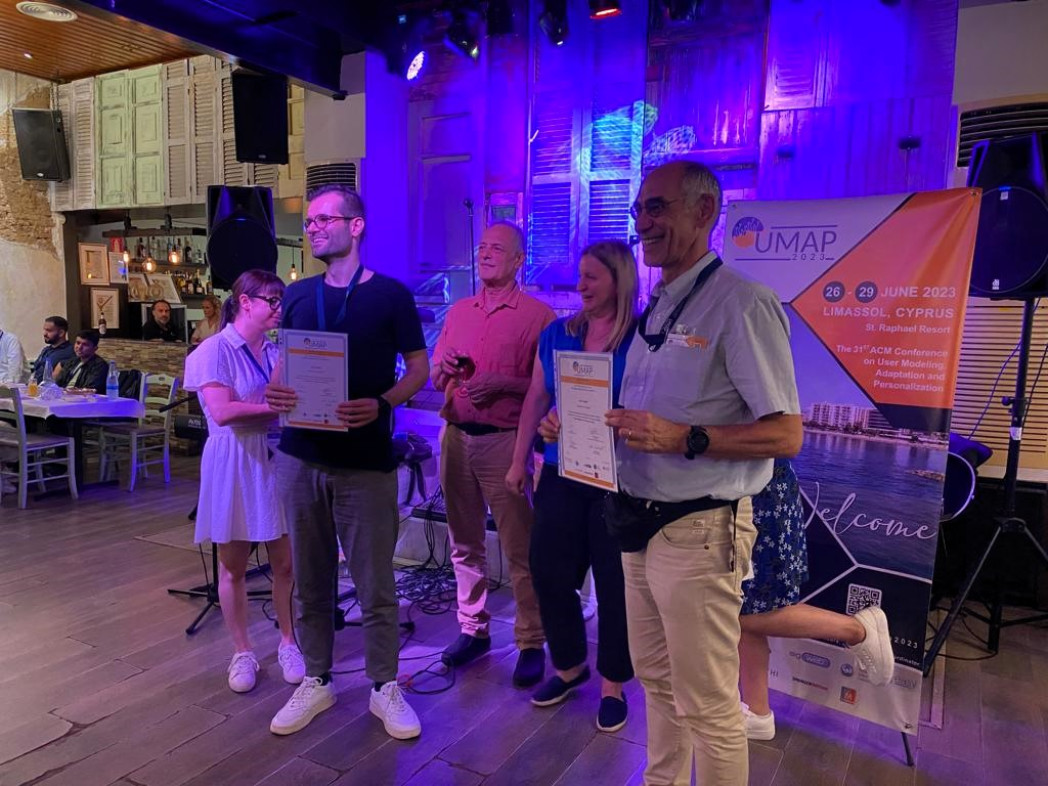
Making Lesser-Known Places Worth Visiting
Tourism destinations strive to provide visitors with a diverse selection of personalized Points of Interest (POIs). However, existing online systems are unable to recommend lesser-known POIs to new visitors. Traditional Recommender Systems (RSs) used in tourism (TRSs) rely heavily on user feedback, limiting their ability to recommend items without previous of user interactions, such as ratings or likes. This poses a problem for both new users and new POIs.
Researchers Massimo David and Prof. Francesco Ricci from the Faculty of Engineering recently received the Best Paper Award at UMAP 2023 for their study “Combining Reinforcement Learning and Spatial Proximity. Exploration for New User and New POI Recommendations”. UMAP is a primer conference for computer scientists working on “systems that adapt to individual users, groups of users, and that collect, represent, and model user information”.
At UMAP Massimo and Ricci presented QEXP, a TRS based on the Reinforcement Learning AI method. QEXP utilizes a model based on the users' POI visits behaviour, extracted from POI visits data records collected from a general tourist population. This data, combined with general knowledge about tourists' mobility patterns within a destination, enables QEXP to generate recommendations that balance the preferences of the tourist population (a proxy of the new user preferences) and the willingness of the new users to visit POIs in her neighbouring area. Moreover, the system also recommends new POIs (recently featured in the tourism destination catalogue and, hence, not already visited by the observed tourist population) with similar features to those experienced by past tourists while promoting the exploration of nearby POIs. Compared to four state-of-the-art POI RSs, QEXP successfully addresses the challenges of new user and new item problems. It also mitigates biases towards popular POIs and offers diverse and geographically dispersed recommendations, avoiding the creation of under-represented destination districts.
The study Massimo presented at the conference in Cyprus is the first step in a process that a real-world application should complete. “We are already planning to release and test a real-world application soon”, says Massimo, “We have evaluated QEXP offline as it is usually done in the machine learning literature, and the model resulted in possessing the claimed characteristics. However, we are interested in creating a technology that effectively supports the decision-making of end users. To this end, we plan to conduct user studies to evaluate QEXP's ability to generate POI recommendations that users actually select and appreciate, thereby validating its effectiveness in practice”.
(zil)